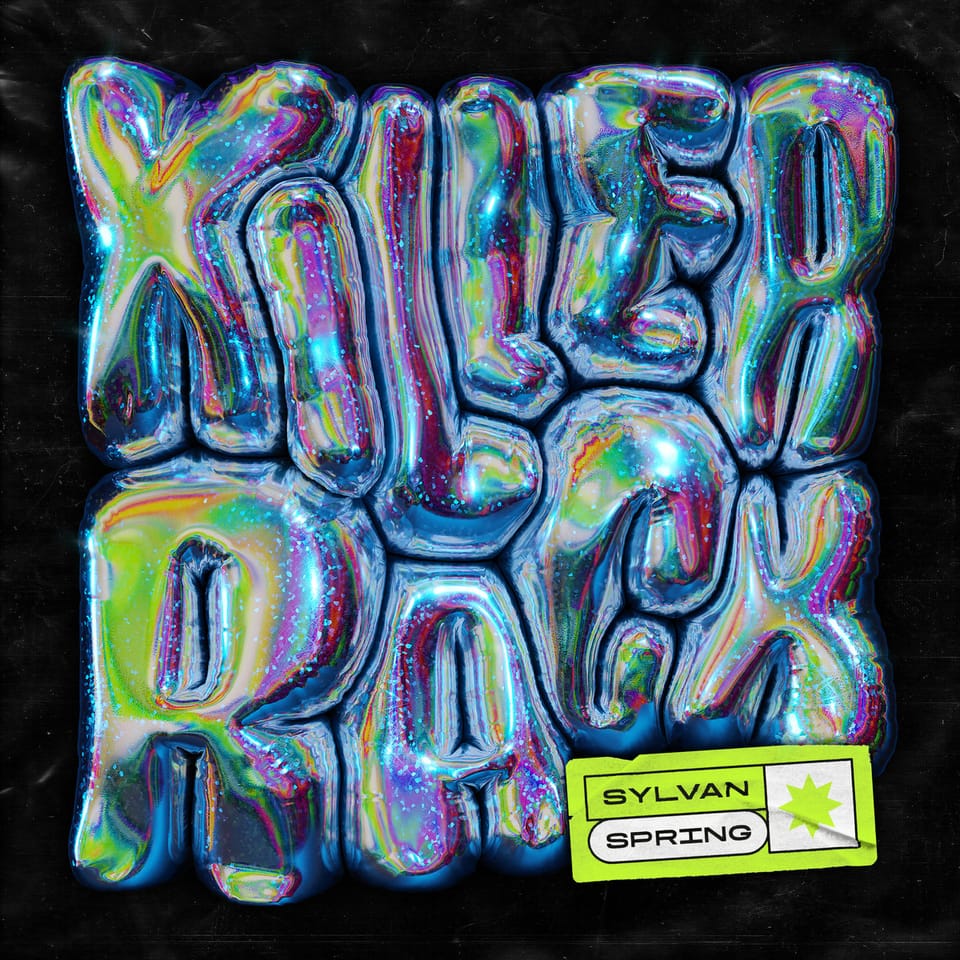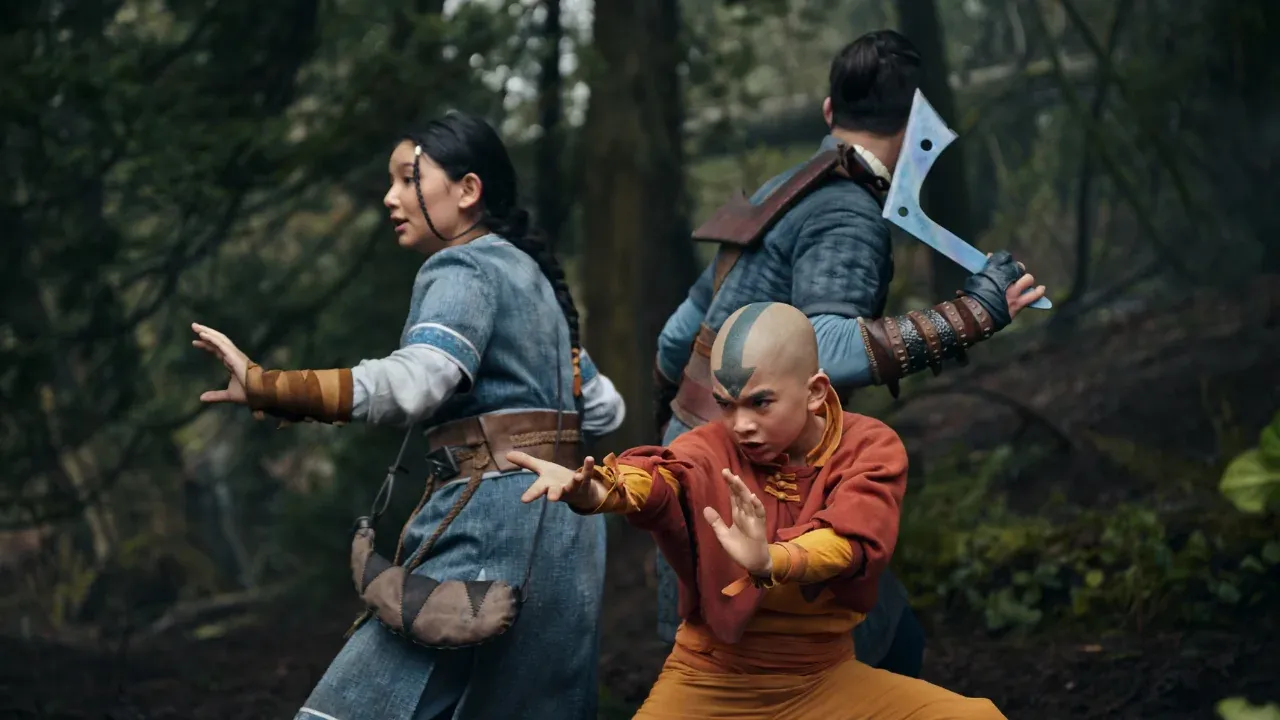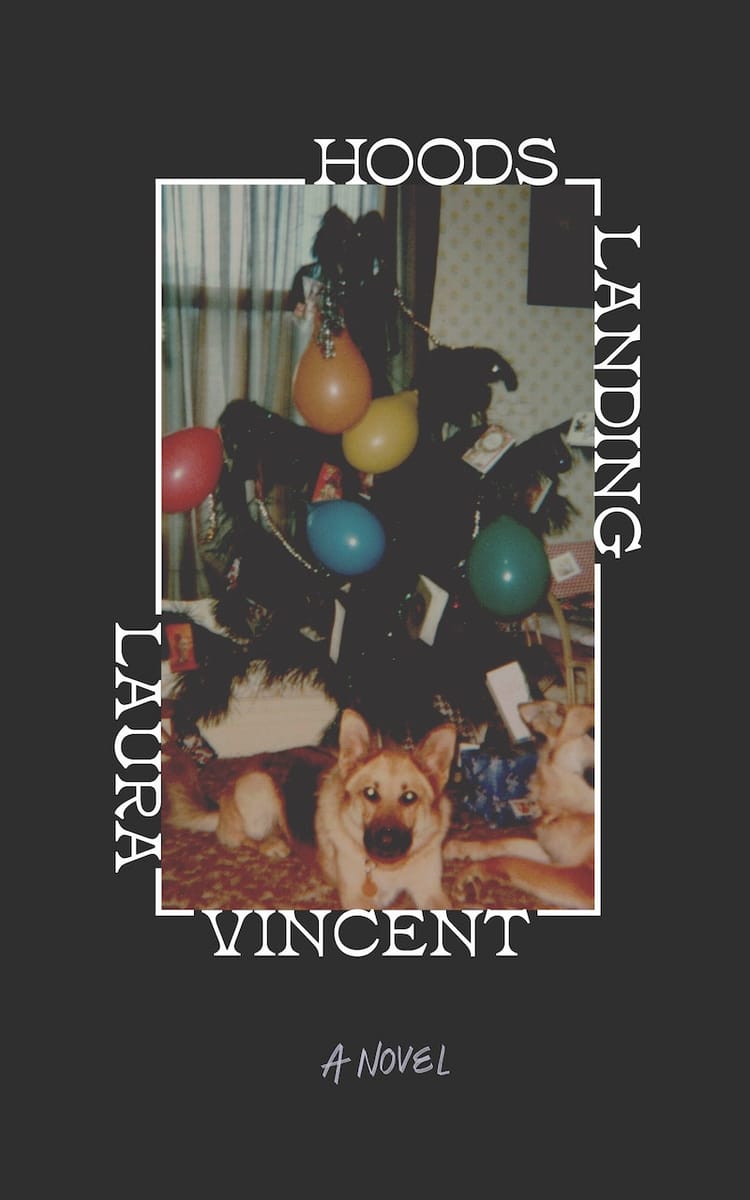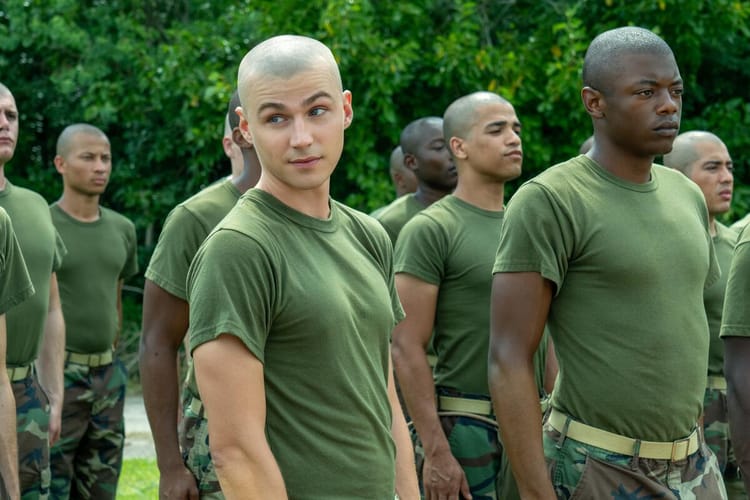Critical Corner: Killer Rack, The Beautiful Afternoon, et al.

In this edition of Critical Corner, a review of Sylvan Spring’s new book of poetry, Killer Rack and Airini Beautrais’ collection of essays, The Beautiful Afternoon.
Part of the reason why people read is to feel seen, heard, and understood. People read to learn, they read to escape, sure, but on some fundamental level I feel the reason why people read, or engage with art at all, is to know that someone somewhere has had the same experience as you. The best writers go further than that, they seem to understand what you’ve gone through even better than you do.
Reading a book from local author, be it fiction or non, adds another level of relatability. I experienced most acutely for the first time reading a passage from Rebecca K. Reilly’s Greta and Valdin, where I could trace one character’s walk across the Auckland CBD. I’d made that walk several times, put my feet where they had, breathed the same air as those characters. It made them seem more real, I felt more real at the same time.
I had that experience several times reading both Killer Rack, the new book of poetry from Sylvan Spring, and The Beautiful Afternoon, a collection of essays from Ockham winner Airini Beautrais. A bit older than Spring, a bit younger than Beautrais, I was startled at how often I saw them referencing something – be it a bit of pop culture ephemera, a campsite, or a literal road I’ve lived on – and how grounding it felt to have a part of my life put down in print, and not to have had to do it myself.
Killer Rack announces itself the moment you lay eyes on it. You don’t judge it by its cover, but by its package – it is the exact shape and size of an EP, and indeed, the book is split up into side A and side B. Many of the poems take their inspiration from pop music, whether by directly referencing them in the title, or throughout their actual text. An especially stirring, and deeply funny, sequence of poems dotted throughout the collection involves sending letters to the three A-listers who headlined Charlie’s Angels, a true 2001 time capsule if there ever was one.
As well as being a stunning display of language and vulnerability, the best thing about Killer Rack is that it’s really fucking funny. Often, you get the sense that poets work humour into their work because one person told them they were funny just the once, and now we all bear the burden of their folly. With Spring, I feel that everybody tells them they are funny all the time, correctly, and now the reader gets to enjoy the fruits of that comedy.
Like the best comedy, Spring’s comes from a place of knowing darkness. Spring has dug deep into the depths of their experience, their trauma, and even their own silliness, and comes back bearing fruit. Take one brief snippet from No Profanity in Heaven (Better Stop Now):
“Better to spend your half-won anger on yourself
Than waste it on the world”
Elsewhere, Spring devastates with their profound observations on their world, a world that has more than a little bit of venn diagram crossover with mine. I found myself gently putting the book down at some of their (correctly) scathing comments, like: “white gay culture is taking whatever they can from each other”, “I believe in the extraordinary skill of knowing when it is not about you” and something I want to tattooed on my soul, if not my skin: “I’m as in love with you as I am with this song, and being in love with my friends is all I really aspire to in this life.”
It would be correct, if not wholly accurate, to say Killer Rack has been on my mind since reading it a week ago. It would be more correct to say that Killer Rack unearthed bits and pieces of my brain that I couldn’t put language to until reading it. Good poetry gives you access to somebody else’s, great poetry gives you access to your own, the best makes you laugh while doing it. Killer Rack is the best.

Similarly, Airini Beautrais’ The Beautiful Afternoon strides most confidently when it is speaking to the author’s storied life. The award-winning poet and short story writer opens up to the reader, dredging up her words with the aid of a significant bibliography of mythology, classic literature, and 90s R&B. It would be easy to start reading this collection with a stereotypical image in your brain, but after the first essay, Beautrais’ vivid language and cold lens on her own life establishes herself, and her voice, as a singular.
The best essay is undoubtedly the titular one. It tells the story of a dalliance – perhaps not a dalliance, but just a nice afternoon – on a campsite, and is rife with poignant lines like, “We say things that would make me laugh if I was not aroused” and gut-punches like “How do we get old? How do we do it?”. This essay, in particular, shows what Beautrais is capable of; she gives us one very specific experience, and yet, it tugs on many that I imagine her audience will have, experiences that sit just a little to the left or right of hers.
While Beautrais’ collection is strongest when she writes freely about her own experience, many of her essays find her leaning on other academia and writing as references. It’s distracting, taking us out of the flow of an essay to instead look at the writing of other people. More than distracting, it feels defensive where it needn’t. Beautrais has a confident voice, an extremely firm sense of story, knowing when to drop into an image for maximum effect and then move us along.
It’s easy to empathise with a writer on the defensive, in an age where a specific turn of phrase can be taken as a deeply personal attack, and equally easy to sympathise with Beautrais as a woman bearing not just her soul but her past to us, but it finds the writer less free with her own language and thinking, and caught up in deference to others. It is telling, perhaps, that the essays that feel the most tertiary to the collection, and the least considered – such as a jarringly surface level reading of the Star Wars canon – are the ones where Beautrais relies on these references most.
These essays fall by the wayside as the collection concludes, and while Beautrais nails the ending, I was left wanting to read more from her (I admittedly have never read Bug Week, but have shot it up near the top of my list). Beautrais’ writing is never bad, even when she oscillates between explaining herself, defending herself or evading a reader’s scrutiny entirely, but she’s outright tremendous when she is simply telling us her story.
Killer Rack ($30rrp) and The Beautiful Afternoon ($38rrp) are both available from Te Herenga Waka University Press directly, and where other books are sold.

Other Things I’ve Consumed
- In case you missed it, I’ve been seeing things at the Auckland Arts Festival. Read my first round-up of shows here, including my responses to O Le Pepelo, Manifesto, The Valentina and Beyond Words. Of these, O Le Pepelo is the one that is still on and I highly recommend it to even the most casual theatregoer.
- I’ve been watching Netflix’s live action adaptation of Avatar: The Last Airbender, despite somewhat middling reviews and having never watched the original series. I like it just fine, despite finding it a little portentous, and the second half of the series is legit great.
- Ariana Grande’s eternal sunshine is very good! What can I say? I love a Max Martin production.
- I watched Poor Things in anticipation of the 96th Academy Awards, and I liked it without being totally in love with it. From my Letterboxd review: “Fun, if a bit thin on the ground intellectually? … This, combined with the design, and some performance choices, renders what it is actually saying about how female sexuality relates to freedom, agency, and knowledge a bit hollow. Lanthimos is more interested in Bella's body than her brain, and definitely her soul – which limits how able he is to interrogate how her body can express either. … And may the heavens save us from the plays and shows made by theatre kids who see this at formative times in their lives.” (Lily Gladstone should have won that Oscar.)
- Nyad, on the other hand, is a sober reminder to never be friends with sports people or journalists.
Weekly Round-Up
- “Criticism is bearing witness to simultaneity; it is ideas made legible. It is the ability to make distinctions in a homogenized world, with its ballooning central sameness. At its peak, Peak TV regularly built adulatory unspoiled consensus around shows too-already-on-TV-to-fail. Criticism, then, is simply to rebel. And having taken such a stance, to have no fear of caricature.” This piece from M. C. Mah for Lithub on how fandom has changed TV, for the worse, is a tremendous piece about the necessity of incisive criticism.
- “I Guess I Will Keep Standing Here While You Fix The Sink” speaks to me, someone who recently sliced his hand open doing a single bit of physical labour, deeply.
- Christopher Nolan’s 5 Most Emotionally Manipulative Assertions is what it says on the tin, for The Stopgap.
- Shout-out to my friend Molly for recommending to me Tournament of Books, which is a yearly bracket that rounds up the best of novels from the previous year but is also a robust place to discuss the novels, reading and writing in general. It's also a really great place to start if you're lost for what to read at the moment!
Reviewing things takes time, and if you want to support the amount of time it takes (and ensure that the scant amount of review coverage of local art can continue), please considering supporting Dramatic Pause with a paid subscription ($8 p/m, $60 p/a) and if you can't afford a paid subscription, please share the work with your networks!





Member discussion